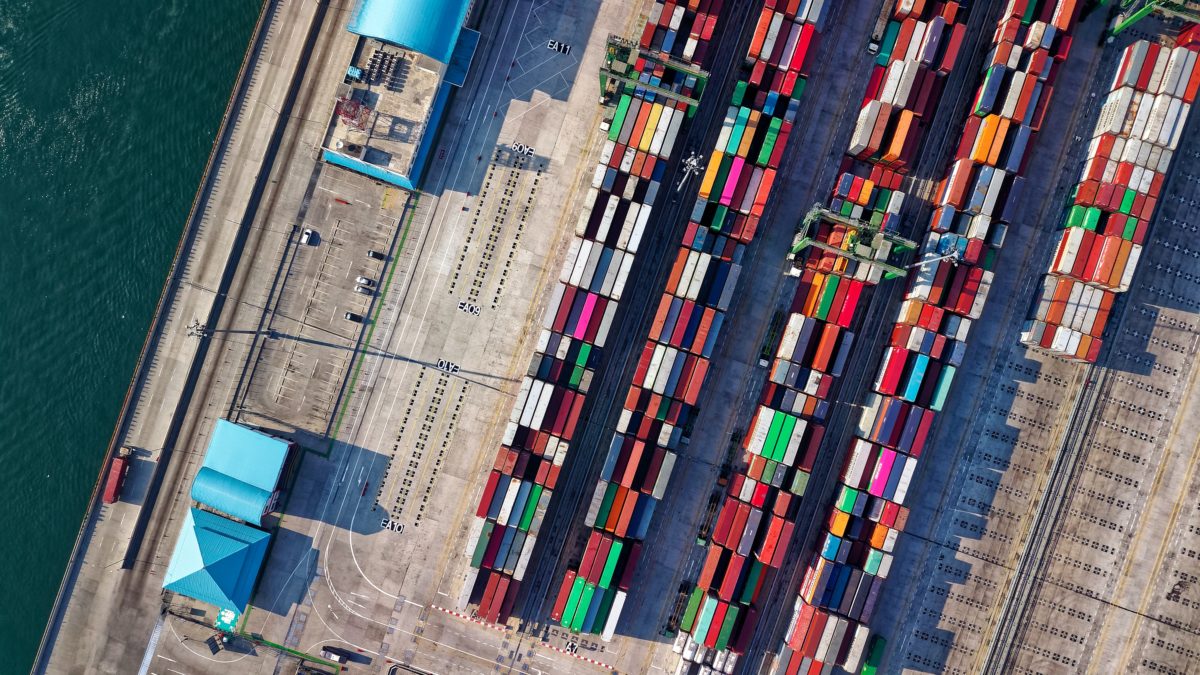
Know Your Supply Chain: The Legal Obligation
Corporate supply chains have been placed under the microscope in recent years, with campaign groups and NGOs drawing attention to Environmental Social and Governance (ESG) concerns throughout the supply chains of large multinational companies. Unlike in the past, each component of a supply chain is now widely considered to be the responsibility of such companies. This has meant that multinational corporations are seen as culpable for ESG failings in their supply chains and are often portrayed as being complicit in such failings. Criticism of this kind has been largely limited to the court of public opinion; however, this is starting to change, with new legislation being adopted across Europe.
On 12th February 2021, the German government announced that it is planning to introduce a new supply chain law (Lieferkettengesetz). The law is aimed at making multinational corporations headquartered in Germany legally responsible for social and environmental abuses in their supply chains. The precise details of the new legislation have not been outlined; however, it is understood that penalties could start at several hundred thousand Euros and go up to 2 percent of the annual revenues of offending companies. It is expected that the law will be passed ahead of elections in September and come into force in 2023.
The new German law comes in the wake of the introduction of similar legislation in other European countries. Many of these laws focus on specific abuses, such as the UK Modern Slavery Act and the Netherlands Child Labour Due Diligence Law (Wet Zorgplicht Kinderarbeid). However, the direction of travel is towards more far-reaching ESG legislation such as that being proposed in Germany. This can be seen with the introduction of the Environment Bill in the UK, which complements the Modern Slavery Act by also outlawing the use of products linked to illegal deforestation.
France is widely seen as a pioneer with regard to the adoption of such comprehensive supply chain legislation, having passed the Corporate Duty of Vigilance Law (Loi sur le devoir de vigilance des entreprises) in 2017. With both France and Germany enacting such legislation, it is likely that the European Union will soon follow suit. The European Commission has already taken steps towards a legislative initiative for mandatory due diligence of supply chains and it is expected that due diligence regulation will be in place for the cocoa sector in the EU within the next two years.
In light of such developments, it is becoming increasingly important for companies to know their supply chains, so that they can identify and rectify any shortcomings. It is in this context that Africa Integrity and Kleos Advisory has developed a new service offering: Supply Chain Integrity Monitoring Services (SCIMS). SCIMS is deigned to be a one-stop-shop for companies to have oversight of and manage ESG risk within their supply chains. Please contact us to find out more.